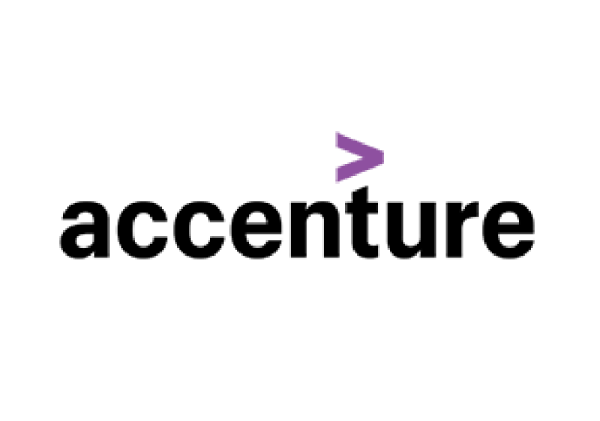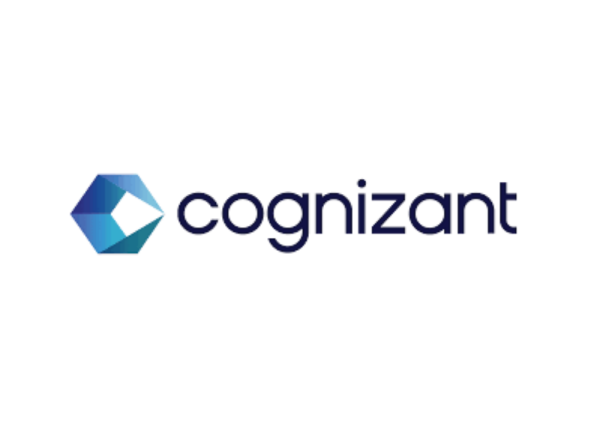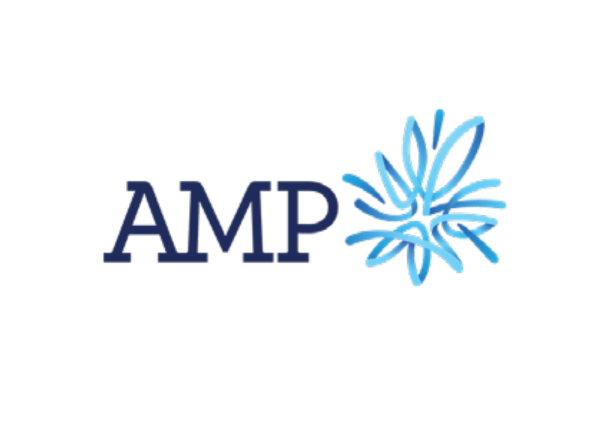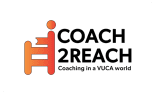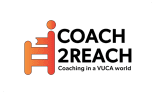Agile Coach vs. Professional Coach

What is an Agile Coach?
The term “agile” has spread widely in the constantly changing business sector. Agile has become a potent methodology for boosting product development as businesses try to adjust to the fast-shifting market demands. However, switching to Agile can be confusing for many organizations and can lead to mistakes. An Agile coach can help in this situation. An Agile coach is a specialist that may assist firms in switching to Agile methodology by assisting them in changing their mentality, culture, and business procedures.
An Agile coaches are a skilled individual who can assist teams and companies in navigating the complexity of Agile methodology; they go beyond being a trainer or consultant. They can offer advice on how to put Agile ideas into reality, offer direction on best practices, and assist teams in creating a culture of continuous improvement. Additionally, an Agile coach can assist businesses in implementing Agile techniques across the organization, ensuring that all teams are cooperating and pursuing the same objectives. These agile coach jobs open up various agile coach opportunities for professionals aiming to guide organizations through Agile transformations.
In today’s fast-paced world, organizations need to be agile in order to stay competitive and adapt quickly to changing market demands. The role of an agile coach is critical in ensuring that teams and individuals within the organization are aligned with the values and principles of agile and that they are using the appropriate agile techniques to deliver high-quality products and services. Agile coaches work with teams to build a culture of collaboration, continuous improvement, and learning, and they provide guidance and support to help teams achieve their goals. They also help organizations identify and overcome obstacles that may be preventing them from achieving their desired outcomes. In this blog post, we will delve deeper into what an agile coach is, what they do, and how they can benefit your organization.
Agile coaches have a range of backgrounds, including those in organizational development, project management, and software development. They have a thorough understanding of agile techniques and principles and the flexibility to modify them to meet the particular requirements of each enterprise. Pursuing an agile coach certification online can further enhance one’s expertise, credibility, and effectiveness in guiding agile transformations.
Agile Coaching v/s Professional Coaching
This is one of the very common questions I came across now a day, what is the difference between an Agile Coach and Professional Coach? Let’s try to find its answer by going to its root. International Coaching Federation (ICF) is considered a gold standard for professional coaching.
Similarly, ICAgile (International Consortium for Agile) is an organization to define the learning objectives for different certificates, including “Agile Coaching”. Here is a definition of Coaching as defined by ICF.
“Coaching is partnering with clients in a thought-provoking and creative process that inspires them to maximize their personal and professional potential.”
 Here is a definition of “Agile Coach” as per ICAgile.
Here is a definition of “Agile Coach” as per ICAgile.
“Agile coaches support, guide, coach, teach, mentor, and facilitate change without colluding with the current reality.”
There is a difference between the definition of coach between ICF and ICAgile. Agile Coach is doing more than just coaching; he/she is also doing training, mentoring, and facilitation. It is like you order the apple, but you got a fruit basket as a result. Although Apple is a part of the fruit basket, you also get more fruits in addition to the apple.
Let’s take a look at the core competencies defined by the ICF. Although they changed the model last year, “Coaching Mindset,” and reorganized the competencies, the same applies to the new model as well. Here is a list of 11 core competencies.
- Meeting Ethical Guidelines and Professional Standards
- Establishing the Coaching Agreement
- Establishing Trust and Intimacy with the Client
- Coaching Presence
- Active Listening
- Powerful Questioning
- Direct Communication
- Creating Awareness
- Designing Actions
- Planning and Goal Setting
- Managing Progress and Accountability
 ICAgile defined the learning objectives for both the facilitation and coaching certificate together. Let’s take a look at Learning Objectives defined by ICAgile
ICAgile defined the learning objectives for both the facilitation and coaching certificate together. Let’s take a look at Learning Objectives defined by ICAgile
- Development in the Agile Coaching Discipline
- Coach as Facilitator
- Coach as a Professional Coach
- Coach as Mentor
- Coach as Teacher
- Coach as Team Coach
- Set Boundaries for Agile Coaching
Let’s take a deep dive and explore both sides by side. Here is a comparison of ICF competencies with ICAgile learning objectives.
There is no direct one-to-one mapping in some areas. Such as ICF core competency 3 “Establish Trust and Intimacy with the Client” is somehow similar to the ICAgile learning objective “Designing a Coaching Alliance”, to the best of my knowledge. As you can see that ICAgile doesn’t cover all the competencies of professional coaching defined by ICF especially ethics, goal setting, and accountability.
On the other hand, ICAgile covers other learning objectives such as “Coach as a Mentor”, “Coach as a Teacher”, “Coach as a Facilitator”, and “Coach as a Team Coach,” which are not in the ICF core competencies.
Frequently Asked Questions!
1) What does an agile coach do?
An agile coach teaches teams Scrum and Kanban frameworks. They lead workshops, retrospectives, and planning sessions. They guide team members and leaders to self-organize. They detect and eliminate obstacles to team progress. They assist in setting agile metrics and monitoring progress. They coach leadership in agile transformation and organizational change. They encourage continuous learning. They lead teams through conflict and effective communication. They make sure teams follow agile principles and values.
2) How to become an agile coach?
Gain experience working in agile teams, such as Scrum Master or Product Owner. Extend your agile expertise through training. Hone your facilitation and mentoring skills. Mentor others and lead agile initiatives. Network at conferences. Explore agile certifications to confirm your knowledge. Develop active listening and empathy. Acquire experience in organizational change. Keep learning and evolve with changing agile practices. Education combined with experience is essential.
3) Is agile coach certification worth it?
Agile certifications confirm your experience and capabilities, boosting credibility. They prove dedication to agile practices. They provide better comprehension of agile methodologies. Certified coaches are sometimes mandated by some organizations. They provide access to various networks and resources. Experience is also vital. Select well-established certifications such as ICAgile or Scrum Alliance. Prioritize certifications that match your objectives. Certification can complement experience but cannot replace it.
4) What is the salary of an agile coach?
Agile coach pay depends on experience, location, and sector. In the US, pay is between $100,000 and $200,000+. More experienced coaches in tech centers receive higher pay. Variables include certifications and business size. Location is a major factor in compensation. Ongoing learning can increase income. Industry, like finance or tech, also determines pay. Advanced skills raise income levels.
5) What is an agile coach vs. scrum master?
A Scrum Master leads Scrum for one team, enforcing practices. An agile coach works at an organizational level, coaching multiple teams and leaders. They coach on multiple agile approaches, not Scrum alone. They are organizational change-oriented. The Scrum Master is a team-level role, whereas an agile coach is an enterprise role. Scrum Masters enforce process flow, whereas agile coaches enhance overall agility. Agile coaches usually coach Scrum Masters.
Popular Tags:
Agile coach training, Best Agile coaches, Career path for Agile coach, Agile Coach Salary, Agile coach jobs, Agile Coaches, Certified Agile coach, How to become an Agile Coach, Agile Coach Responsibilities, What does an Agile coach do, The Agile coach, Agile coach near me
Learning Providers
